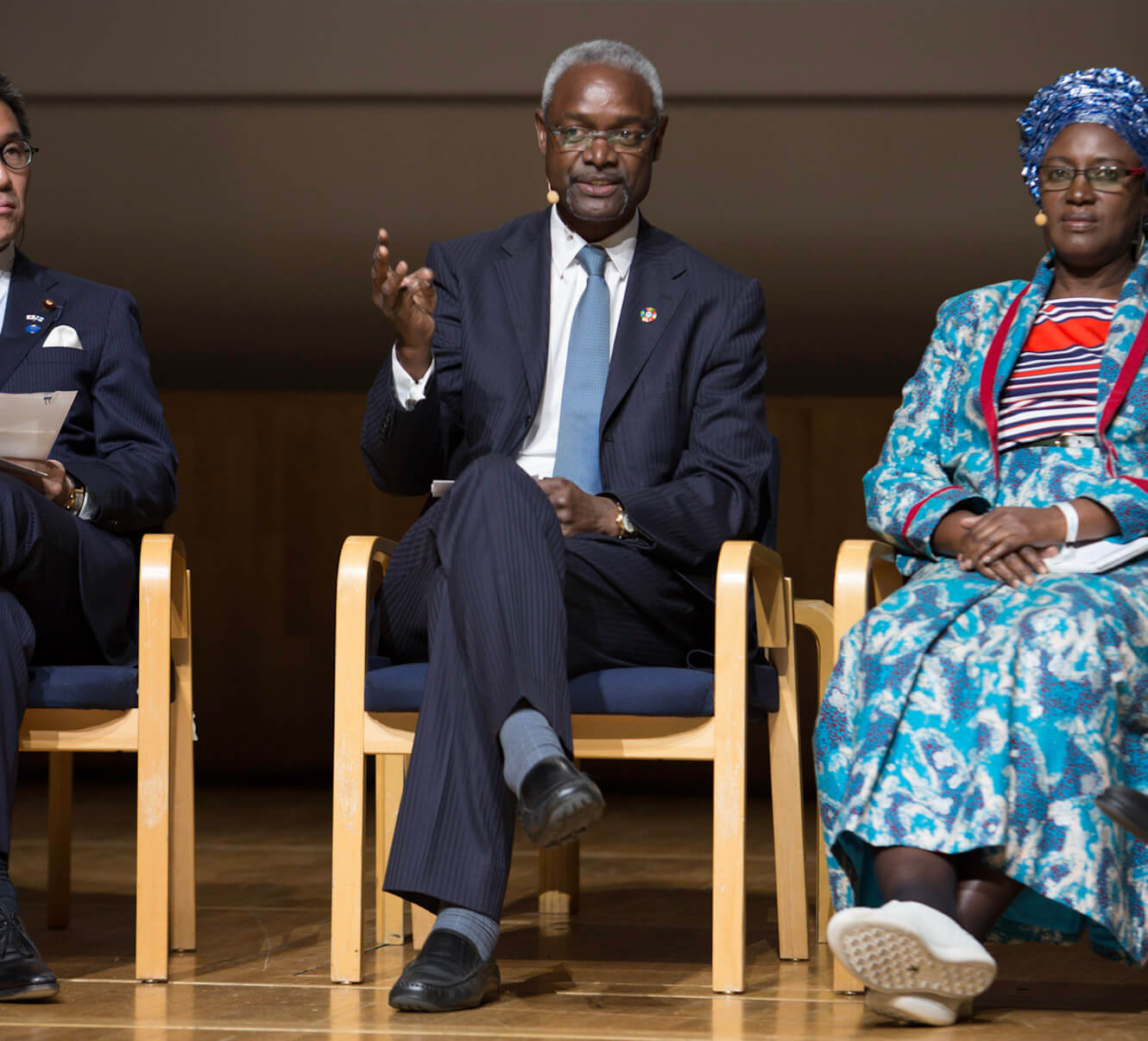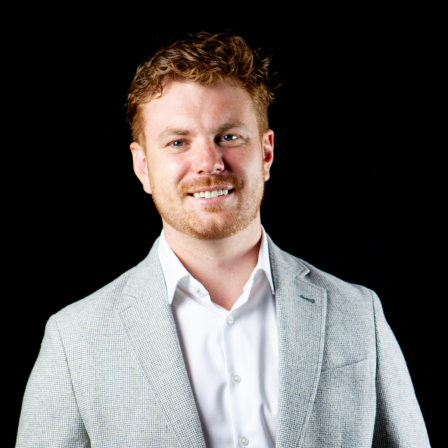Developed countries are closer to sustainability while developing ones have much farther to go. Right? That might be the conventional thinking, but Ibrahim Thiaw, Deputy Director for the UN Environment Programme, told the 1,500 people gathered at the World Circular Economy Forum that developing countries are already using circular economy solutions.
“Go to any shop in Uganda or Kenya and see how they repair things,” Thiaw says. “For instance, shoes are repaired three or four times. Repairing is part of the DNA of developing countries.”
He explains that the change to a circular economy will have three major themes: big winners, Big Data and big losers.
The big winners will be those who can best use new techniques and solutions. Big Data, a term which he uses to represent technology, will play a major role.
“For example, 3D printing could reduce 90 per cent of our waste,” Thiaw illustrates. “Imagine the efficiency gains!”
But there are also big losers. Parts of the world are awash in the trade from old electronic waste. Other areas are flooded with old garments which are reused but devastate traditional textile companies.
“The UN environment assembly has a theme of pollution this year,” Thiaw says. “Pollution kills 36,000 people daily and causes or amplifies conflicts. Regulation is the key.”
















Recommended
Have some more.